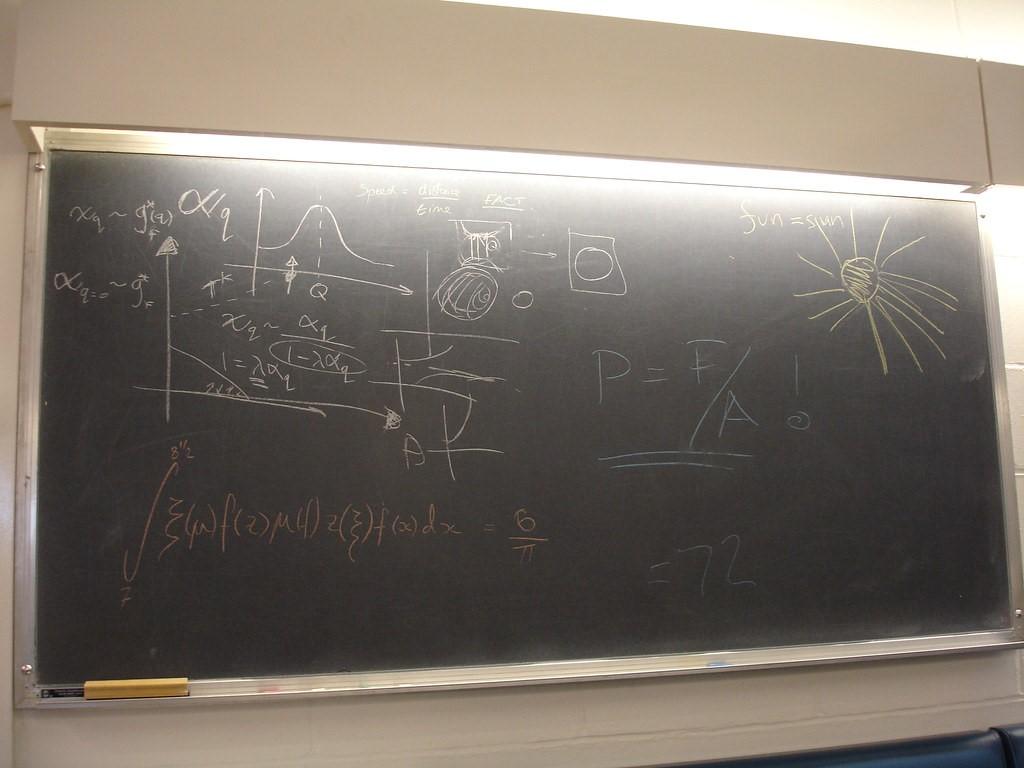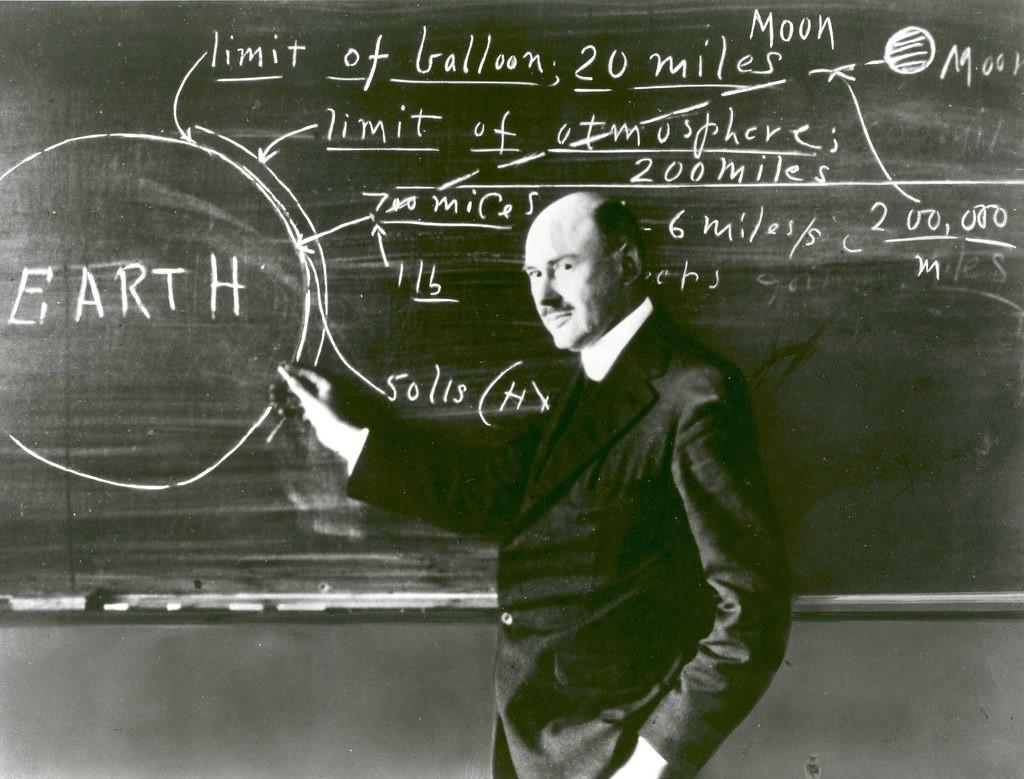Believe it or not, if it were not for physicists, the contemporary world would have been a different place.
Moreover, physics underlines several crucial 20th-century discoveries, including television, computer technology, nuclear weapons, radio, laser, etc.
Moreover, it has also played a key role in various other developments such as "The Big Bang," "Quantum Theory," "Theory of Relativity," and "Splitting of Atom."
Physics pupils need a strong brain for numbers, an enhanced understanding of scientific methods and principles, and an active interest in inventions regarding the real (physical) world.
Wondering what physics-related careers you can apply to after graduation? And what companies are the best to work for in physics? Read on!
Before we delve into knowing what companies are the best to work for in physics, let's see what potential careers you can follow with a physics degree.
Search for ap physics tutors near me here.


What Can You Do With A Physics Degree?
Are you wondering what can you do with a physics degree? What physics career can you pursue after graduation?
With a degree in physics, you can start your career in various sectors from scientific research, finance, business to engineering, IT, and more.
In short, the physics career list is vast and rich.
Here are the three highest paying careers that you can pursue with a physics degree:
Academic Researcher
Academic researchers perform high-level and original research that produces new understanding and progresses existing knowledge.
As academic researchers, you'll apply skills and expertise acquired through research and study.
You'll publish papers in well-respected, peer-reviewed journals and write books, chapters (of books), or reports on your area of interest.
In addition, you'll have to speak at various conferences and teach university students.
Nevertheless, you'll spend a good deal of time on planning studies, research, and attending meetings along with colleagues.
Still unsure about what an academic researcher does? If so, here's a basic idea:
- Carry out high-level, original collaborative, and individual research
- organize budget and time effectively involving both overseas and off-site visits
- analyze extensive sets of information and data, drawing pertinent conclusions
- meet deadlines as needed by grant or fundholder
- prepare and give presentations at both international and national conferences to wider audiences
- Prepare and pen high-quality research papers for publication to conferences proceedings and peer-reviewed journals
- Participate in various group meetings
- apply for external funding along with one provided by the employer
- undertake thorough literature reviews
- teach postgraduate and undergraduate students
- develop skills and knowledge regarding the current applications and techniques essential for your area and give training to students in research methods and techniques
- develop cordial working relations with external and internal contacts
- devise and prepare future research proposals and objectives
- supervise pupils undertaking Ph.D. and masters level projects
- comply with safety, ethics, and health requirements for research works
Astronomer

No matter it is computer models (theoretical astronomy) or telescopes (observational astronomy), your career as an astronomer will involve comprehensive research into the basic processes governing the universe.
They are scientists studying the birth of this universe, its various objects, how it functions, among other things.
As astronomers, you'll be working either in observational astronomy using cameras and telescopes to observe galaxies, stars, and other objects.
Apart from that, you can also work in theoretical Astrophysics (also theoretical astronomy), where you'll use computer and math models to describe predictions and observations.
Here are a few fields that you can choose to specialize in:
- Stars
- Planets
- Cosmology
- Galaxies
Most contemporary research in astronomy includes significant computer modeling and programming regardless of working in theoretical or observational astronomy.
Astronomy careers are diverse, involving roles like a planetary geologist, cosmologist, telescope engineer, astrobiologist, etc.
In addition, various institutions recruit public-engagement specialists where you'll have to share knowledge and develop programs as a professional astronomer for kids and a wider audience.
Typically, you'll be recruited by a research institute or a university, where you'll have to carry out the following duties:
- Gather and analyze data from satellites, cameras, and several other observations
- Plan and carry out research studies to answer basic questions like how galaxies form exactly
- Write scientific papers and articles
- Apply for funds or grants for your research
- Present work at both national and international conferences
- Collaborate with different astronomers (internationally and nationally)
- Read current academic literature
Geophysicist
As geophysicists, you'll study Earth's physical aspects using a wide variety of methods such as seismic, electrical, magnetic, and gravity.
By gathering seismic waves (moving around and through the Earth) data, you'll form an image of what rests under the surface of the Earth. This data is highly crucial for the gas and oil industries.
In addition, you'll make sure the data collected is of high quality and well interpreted to form maps of hydrocarbon buildups.
Other tasks involve analyzing rocks' physical properties and gathering and examining data to establish reservoir models.
Here are a few responsibilities you'll have to perform as geophysicists:
- Plan data acquisition strategies
- Pre-plan various projects before heading towards the site
- Map and interpret 3d and 3d seismic data
- Evaluate reservoir volumes
- Measure potential gas and oil yield
- Decide on appropriate data processing and seismic measurement techniques
- Utilize computers for quality control, communication, and data management between the field locations and office
- Take the equipment to different locations worldwide and position seismometers
- Observe equipment to spot irregularities
- Design, modify, repair, and test seismic equipment
- Adapt data gathering procedures
- Compile reports and charts
- Report on gathered seismic data to clients, partners, senior managers at presentations and meetings
- Write work logs and documentation
- Stay up to date on current and new technologies
- Work within resources, time constraints, and budget
- Offer a wide variety of support, technical guidance, and advice
- Improve current techniques in mathematical processing and data acquisition and develop new methods and techniques
Now that you know some of the common careers you can follow, here are a few of the best companies to work for in physics.
Learn everything you need to know with a professional physics tutor NYC on Superprof.
4 Best Companies To Work For In Physics
Here are some of the best companies to work for in physics:
Kromek
Kromek Group is one of the best technology groups in the world. Founded in 2013 and headquartered in the UK, they operate in the US (Pennsylvania and California) as well.
Moreover, they're arguably amongst the leading suppliers and developers of revved-up radiation detection devices based on "Cadmium zinc telluride (CZT)" and various other state-of-the-art technologies.
Using its advanced platforms, Kromek develops, designs, and produces gamma-ray and x-ray radiation and imaging detection devices for Homeland Security, CBRNe security, medical, and numerous other markets.
Their products offer high-resolution data on material structure and composition.
They are utilized in several applications ranging from hazardous materials like explosives to detection and classification of cancer and much more.
With annual revenue of $16.3 million and 150 employees, it's one of the best companies for physics graduates to work for.
Nanotronics
Nanotronics Imaging is a science-technology company.
It has re-defined factory control using an innovative platform that unites automation, advanced imaging, and artificial intelligence (AI) to aid human intelligence in detecting anomalies and flaws in manufacturing.
Deployed across more than seven countries and industry agnostic, Nanotronics work with cutting-edge companies from electronics to healthcare and aerospace and more to increase yield, lower costs, minimize waste and footprint, and boost design iteration.
The company is a hub of intellectually curious, passionate, and motivated innovators, uniting brilliant minds in optics, artificial intelligence, software engineering, robotics, and of course, physics.
Armed with solid finance and visionary leadership, they foster a warm environment for both accountability and entrepreneurship.
Founded in 2010, it has approximately 93 employees and $34.6M annual revenue.
TDA
Founded in 1987, TDA has grown into a successful company with over 80 employees and $14 million yearly revenue.
It's one of the best companies in developing cutting-edge chemical processes, hardware, and materials for clients in various industries such as defense, energy, chemical, and aerospace.
They develop and introduce new materials and chemicals to address customers' pain points.
Echodyne
Echodyne (an aerospace company) creates advanced beam-steering radars for several new and existing defense and security machine applications.
Their patents include a wide variety of discoveries for designing and building "Electronically Scanned Array (ESA) radars" in low "reduced-size, weight and power (SWaP)" formats and uniting them with intelligent and powerful software.
Founded in 2014, it has 51-200 employees and 22.1M annual revenue.
Take Physics Lessons With A Private Tutor

Are you looking for a credible and reliable physics tutor? If so, choose Superprof – one of the best online and in-person tutoring platforms globally, including the US.
Pupils can expect gratifying outcomes from private physics tutoring. Choose from Superprof's extensive list of professional and experienced physics instructors.
All the teachers have undergone rigorous background checks and are certified.
With Superprof, you can easily read every tutor's profile, academic background, certifications, and even reviews left by former students. So make sure to check each profile thoroughly along with the availability before choosing your ideal physics tutor.
With Superprof's physics lessons online, you can smoothly connect with one of the best local physics tutors to personalize the course outlines based on your problem areas and needs.
In addition, most of the Superprof tutors offer a free first lesson, so feel free to check it before finalizing the tutor.
Don't be afraid of physics? Embrace the subject in a fun way with a skilled physic tutor. So, enroll today in Superprof private physic lessons and become a pro!
Summarize with AI:















